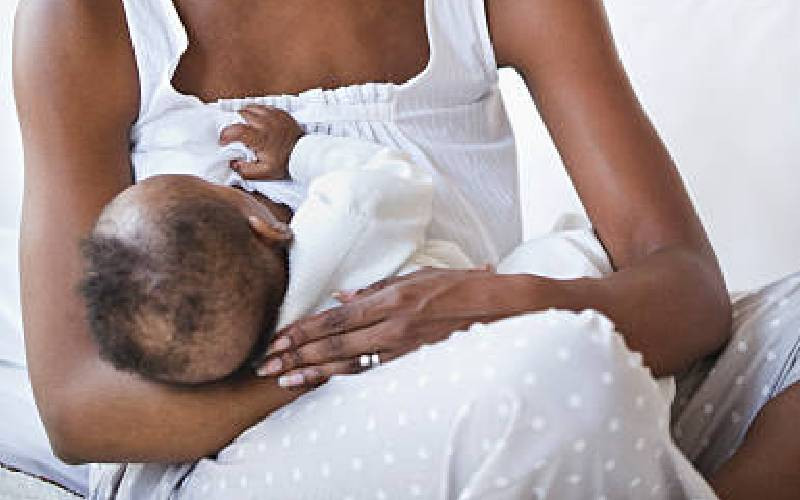×
The Standard e-Paper
Home To Bold Columnists

When Beatrice* got married, she was overwhelmed by joy. She dreamt of the day she and her husband would hold their bundle of joy.
When she was three months pregnant, she went for her routine check-up. At the clinic, the doctor requested to have a chat with her privately in a different room. When she stepped into the room, she was welcomed by a nurse and someone else.